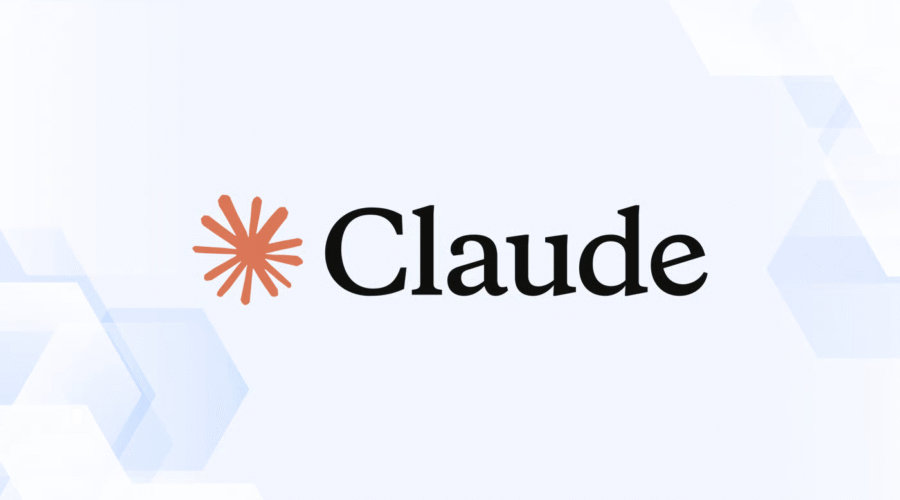Claude AI has quickly become a leading name in artificial intelligence. Capturing the attention of developers, businesses, and AI enthusiasts worldwide. Built by Anthropic, a company founded by former OpenAI researchers. Claude AI stands out for its advanced reasoning, powerful coding abilities, and innovative agentic features. The latest releases, Claude Opus 4 and Claude Sonnet 4 mark a significant step forward in the evolution of AI assistants.
What Sets Claude Opus 4 and Sonnet 4 Apart
Anthropic’s new Claude Opus 4 is now recognized as the most powerful model in the Claude AI family. The company claims it is the best coding model available, outperforming competitors on industry benchmarks like SWE-bench. Where it scored an impressive 72.5 percent. This model can autonomously work for up to seven hours on complex tasks. Such as refactoring large codebases with minimal human oversight.
Claude Sonnet 4, replacing the previous Sonnet 3.7, offers a balanced combination of performance and cost. It excels at code reviews and bug fixes, serving as a reliable AI assistant for customer support and high-volume business applications. Sonnet 4 maintains context over long conversations and delivers precise, human-quality content.
Both models introduce hybrid reasoning modes, allowing users to toggle between near-instant responses for quick queries and extended thinking for deep, multi-step problem-solving. This flexibility makes Claude AI suitable for a wide range of use cases. From everyday tasks to advanced research and engineering challenges.
Key Features and Innovations
Claude AI’s latest models bring several groundbreaking features to the table:
- Hybrid Reasoning: Users can switch between fast answers and deep, step-by-step reasoning depending on the complexity of the task.
- Extended Thinking with Tool Use: Both models can integrate web search and external APIs during extended thinking. Enabling them to gather new information mid-task and refine their answers.
- Parallel Tool Usage and Improved Memory: Claude AI can execute multiple tools simultaneously and maintain long-term memory across sessions. Addressing the “amnesia problem” observed in earlier models.
- 200K Token Context Window: Both Opus 4 and Sonnet 4 support a large context window. Allowing them to process and remember vast amounts of information during a session.
- Agentic Capabilities: Opus 4 can run background coding tasks, autonomously manage multi-step workflows, and even create memory files to track progress and requirements.
- Safety and Alignment: Anthropic has prioritized safety, releasing system cards and conducting extensive evaluations to minimize risks and ensure responsible use.
Coding Performance and Developer Feedback
Claude AI’s coding abilities are a significant highlight. Opus 4 leads the industry in software engineering benchmarks. Developers have described Sonnet 4 as a leap forward in understanding and editing complex codebases. Early adopters report dramatic improvements in code quality, precision, and the ability to handle multi-file changes and large-scale refactoring projects.
Real-world feedback has been overwhelmingly positive. Developers using Claude AI note that it stays on track longer understands problems more deeply and produces elegant, maintainable solutions. Companies like Cursor, Replit, and Augment Code have reported significant gains in productivity and code reliability since integrating Claude AI into their workflows.
Availability and Integration
Claude AI is accessible through multiple channels, making it easy for individuals and organizations to get started. Both Opus 4 and Sonnet 4 are available via the Anthropic API, Claude.ai web app, Amazon Bedrock, Google Cloud Vertex AI, GitHub Copilot, and Databricks. Sonnet 4 is included in free chatbot plans, while Opus 4 is reserved for paid users due to its advanced capabilities and higher computational requirements.
Pricing for Opus 4 is set at $15 per million input tokens and $75 per million output tokens. Sonnet 4 is more cost-effective at $3 per million input tokens and $15 per million output tokens, making it an attractive option for high-volume applications.
Real-World Impact and Use Cases
Claude AI is already transforming industries by enabling businesses to automate complex research, customer support, and software development tasks. Its agentic features allow it to operate as a proactive collaborator, not just a reactive assistant. For example, Claude Opus 4 can autonomously refactor an open-source codebase for hours, maintaining continuity and context throughout the process.
Creative professionals are also leveraging Claude AI for content generation, campaign ideation, and storytelling. The models can analyze business cases, propose solutions, and even flag hidden assumptions in arguments. Providing expert-level insights that go beyond simple text generation.
The Future of Claude AI
Anthropic’s commitment to continuous improvement ensures that Claude AI will remain at the forefront of artificial intelligence. With ongoing investments in safety, reasoning, and agentic workflows, Claude AI is poised to set new standards for what AI assistants can achieve. As businesses and developers adopt these models. Claude AI will play a central role in shaping the future of work, creativity, and technology.

